The calculations regarding Syria have never ceased within Türkiye. At the present time of "favorable weather, favorable terrain, and favorable people", Ankara has taken bolder actions to eradicate the "thorn in its eye".
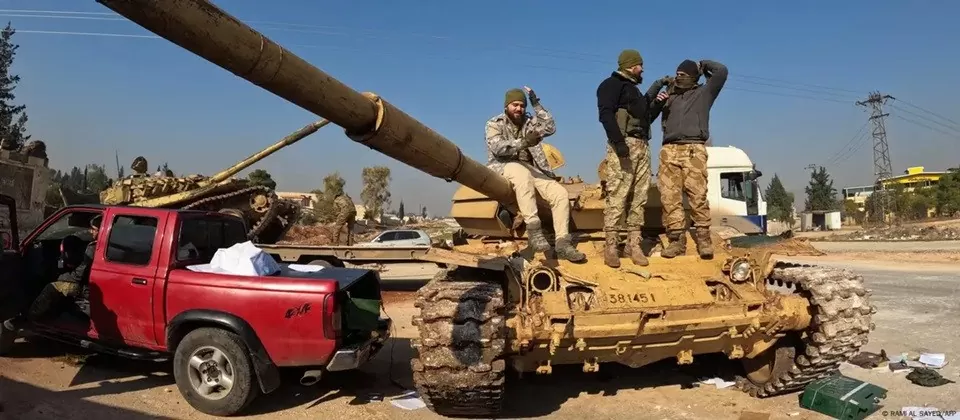 |
| The civil war in Syria has taken a major turn with the emerging role of HTS rebels believed to be backed by Türkiye. (Source: AFP) |
In the midst of the Middle East “fire pot”, the decade-long civil war in Syria has flared up again and once again become the center of attention. What role is Türkiye playing and what are President Recep Tayyip Erdogan’s intentions are questions that need to be answered.
Want to remove the "thorn in the eye"
News of the resurgence of the civil war in Syria came as no surprise to the Turkish people. President Recep Tayyip Erdogan and his coalition partner, Nationalist Movement Party Chairman Devlet Bahceli, have been discussing the shift in power in the Middle East and its possible negative consequences for Türkiye for more than two months.
It has been suggested that the changes in the region could benefit the Syrian Kurds, who have controlled the northeastern region of Rojava (also known as the Autonomous Region of North and East Syria - AANES) since the civil war began in 2011. This force has always been a "thorn in the side" of Ankara.
In addition, the Turkish government has also carefully calculated the current situation: Syrian President Bashar Assad's allies, Hezbollah and Iran, have been weakened after a year of attacking Israel; Russia, which protects Mr. Assad's government, is entangled in the conflict in Ukraine.
Although Russia still maintains military bases in Syria, it actually has only about 13 fighter jets stationed there, of which 7 are operational. The number of Russian aircraft in Syria before the conflict with Ukraine was 50.
Furthermore, Ankara sees the possibility that the new administration of US President-elect Donald Trump will want to reposition the US position in the region. Ankara is pondering the question of whether the US will withdraw its troops from Syria and Iraq and what consequences that will have.
Syrian rebel forces led by Hayat Tahrir al-Sham (HTS) saw the situation as an opportunity, and thus launched a major offensive against the Assad regime on November 27.
The campaign was successful, with HTS capturing Syria’s second largest city, Aleppo, in just a few days. HTS is now expanding its campaign to neighboring cities. HTS was previously allied with Al-Qaeda and was designated a terrorist organization by the US in 2018.
Analysts say Ankara was most likely informed about the operation before it began. Without Ankara’s approval or, potentially, support, HTS would have no chance of fighting President Assad.
Middle East expert Michael Lüders explained in a recent interview with German public news channel Deutschlandfunk : “There is no doubt that Ankara knew about the attack, and not only that, it also provided military support. To rebel, the rebels need adequate weapons and, in reality, those weapons can only be provided by Turkey.”
Security threat that needs to be eliminated
When the Syrian civil war began, Ankara sided with the rebels, cutting off all diplomatic relations with Damascus. President Erdogan has recently tried to restore diplomatic relations, but President Assad has rejected the offer, saying normalization is not possible until Turkish troops withdraw from northern Syria.
However, Türkiye is reluctant to withdraw its troops from what it calls a “security zone” in northern Syria, which it controls with the help of the Syrian National Army (SNA), an Islamist militia supported by Ankara.
Türkiye's ultimate goal is to overthrow the Kurdish-led autonomous administration in northern and eastern Syria, which Ankara sees as a threat to its border security.
Currently, the two most powerful groups operating in Syria are HTS and the SNA. According to Turkish Middle East expert Erhan Kelesoglu, the SNA launched an offensive against the Kurds immediately after the fall of Aleppo.
Ankara denies any involvement in Syria. Foreign Minister Hakan Fidan recently said that Türkiye would never support operations that could cause another wave of refugees.
Türkiye has taken in some 3.5 million Syrian refugees since the start of Syria’s civil war, a situation exacerbated by Ankara’s severe economic crisis. Migration played an outsized role in Turkey’s recent municipal and parliamentary elections, putting pressure on President Erdogan to act.
Mr Erdogan has made clear that he wants to send most of the refugees back to Syria. They would be resettled in a buffer zone in northern Syria. President Erdogan has also recently reiterated his intention to maintain control of a 30-40 km (19-25 mile) strip of land.
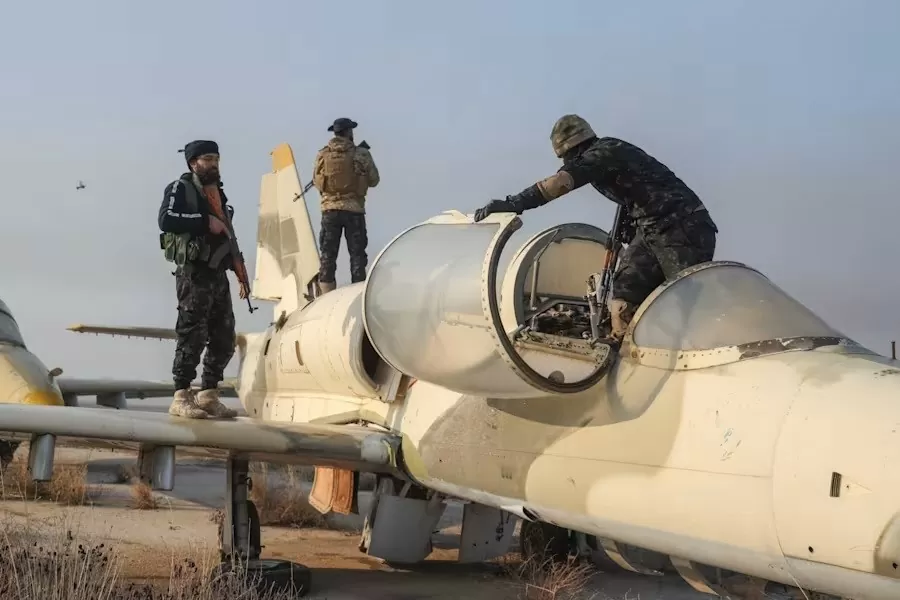 |
| Ankara will wait to see how far its allies can push back the Kurds and how much of their territory they can seize. (Source: AP) |
With such calculations, President Erdogan is ready to cooperate with rebel forces, specifically SNA and HTS.
Most of the operations are going according to Türkiye's plan. HTS and SNA both want the fall of President Assad's regime.
Although the Turkish government is providing military support for the current offensive in Syria, Ankara has tried to avoid direct conflict with Russia, Iran and President Assad. Middle East expert Kelesoglu said Ankara will wait to see how far its allies can push back the Kurds and how much of their territory they can seize.
The Turkish military began military operations in several areas of Syria in 2016 and has been bombing Kurdish-controlled areas ever since. Turkish troops are currently stationed in Jarabulus, al-Bab, A’zaz, Tell Abyad and Idlib – considered rebel strongholds.
Eliminate competitors or increase competitors?
Thus, Türkiye's role in the Syrian civil war is complex and multifaceted. Although Ankara has not explicitly declared Türkiye's involvement in the Syrian war, its influence is clear.
Türkiye's interests in northern Syria are twofold:
First, Ankara seeks to establish a safe zone along the border to manage the ongoing refugee crisis. By securing areas like Aleppo through proxies like HTS, Turkey could facilitate the return of some Syrian refugees.
Second, Turkey wants to weaken President Assad's control in northern Syria, expanding its sphere of influence while undermining Kurdish autonomy in northeastern Syria.
Allowing HTS to govern captured areas is a means for Türkiye to expand its control without directly administering the territory — a move that reduces costs and avoids direct confrontation with global powers.
Türkiye’s support for HTS is not without risks, however. While Ankara benefits from HTS’s military success, its relationship with the group complicates Turkey’s relations with its Western allies and could increase tensions with Israel, which could see Ankara supporting a group with extremist and anti-Israeli leanings.
Source: https://baoquocte.vn/tinh-hinh-syria-mot-ban-tay-khong-vo-len-thanh-tieng-ven-man-nguoi-dung-sau-296271.html



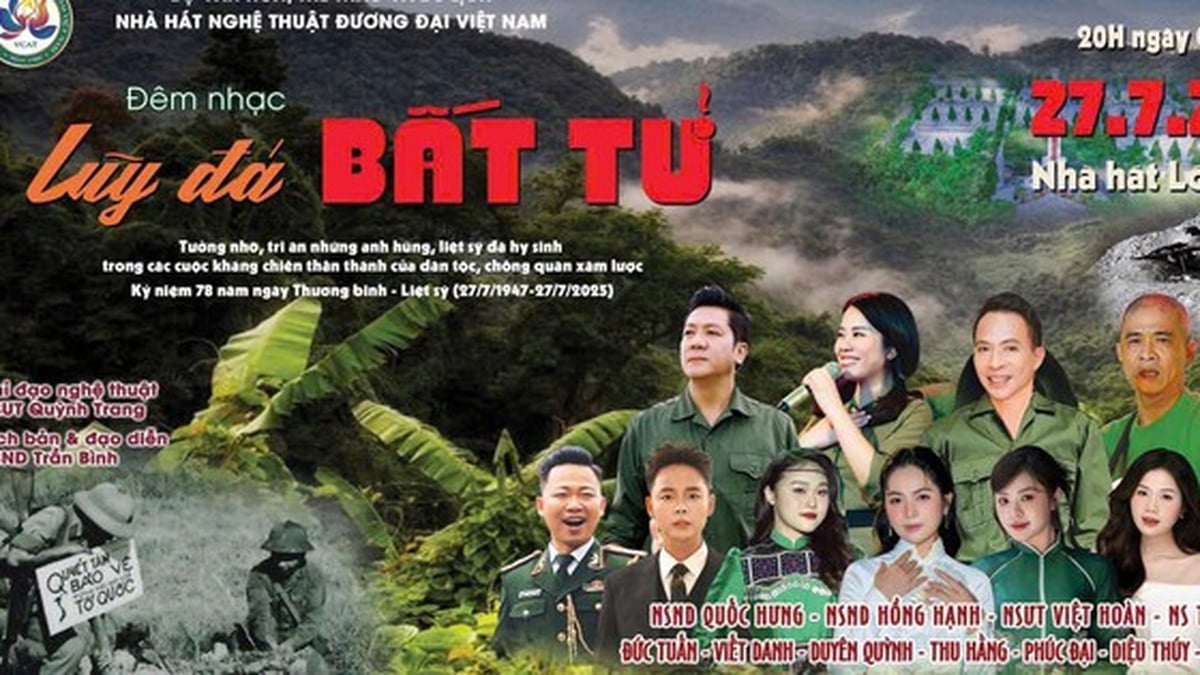
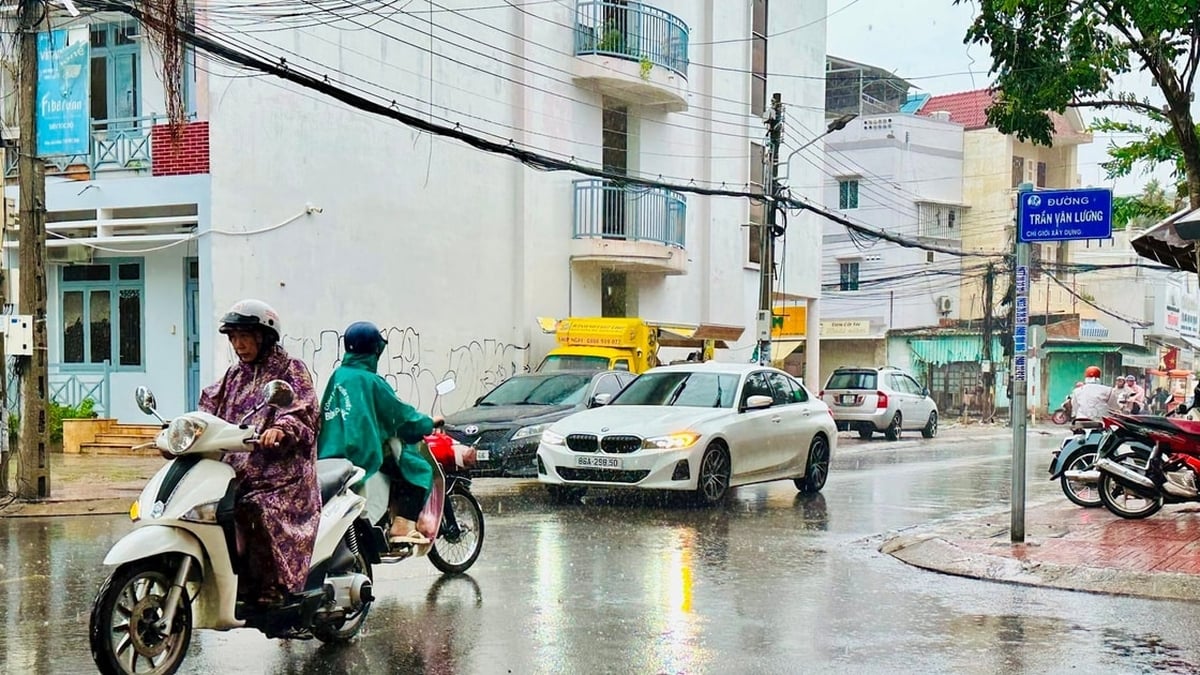
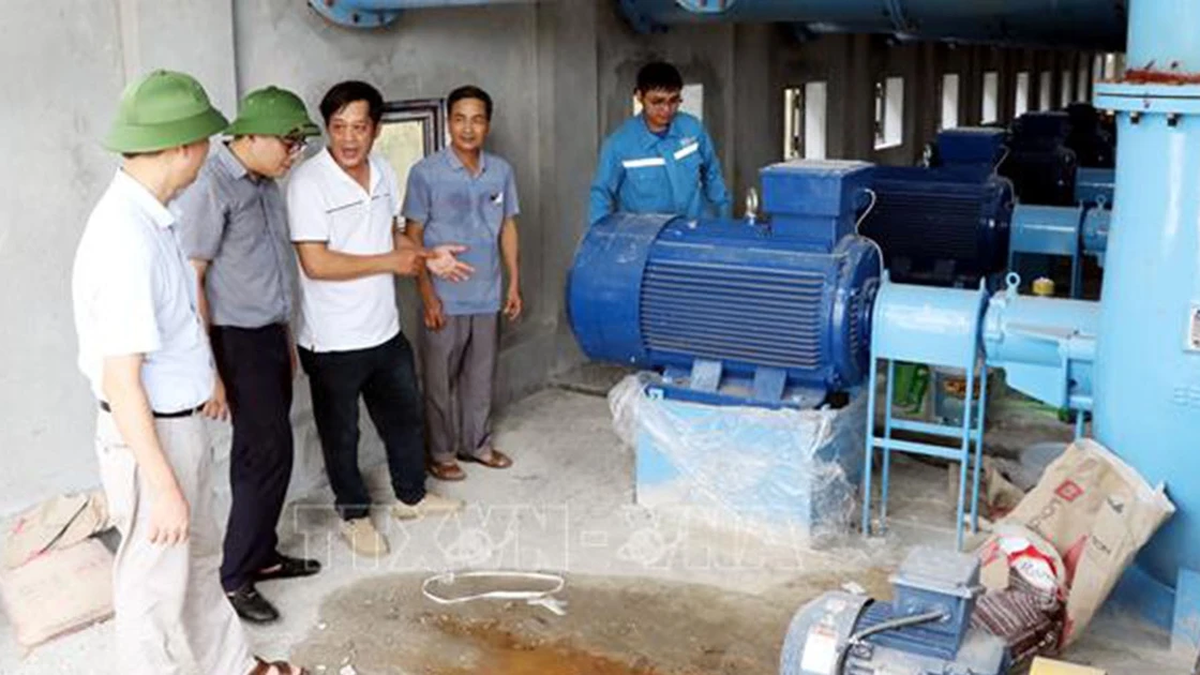
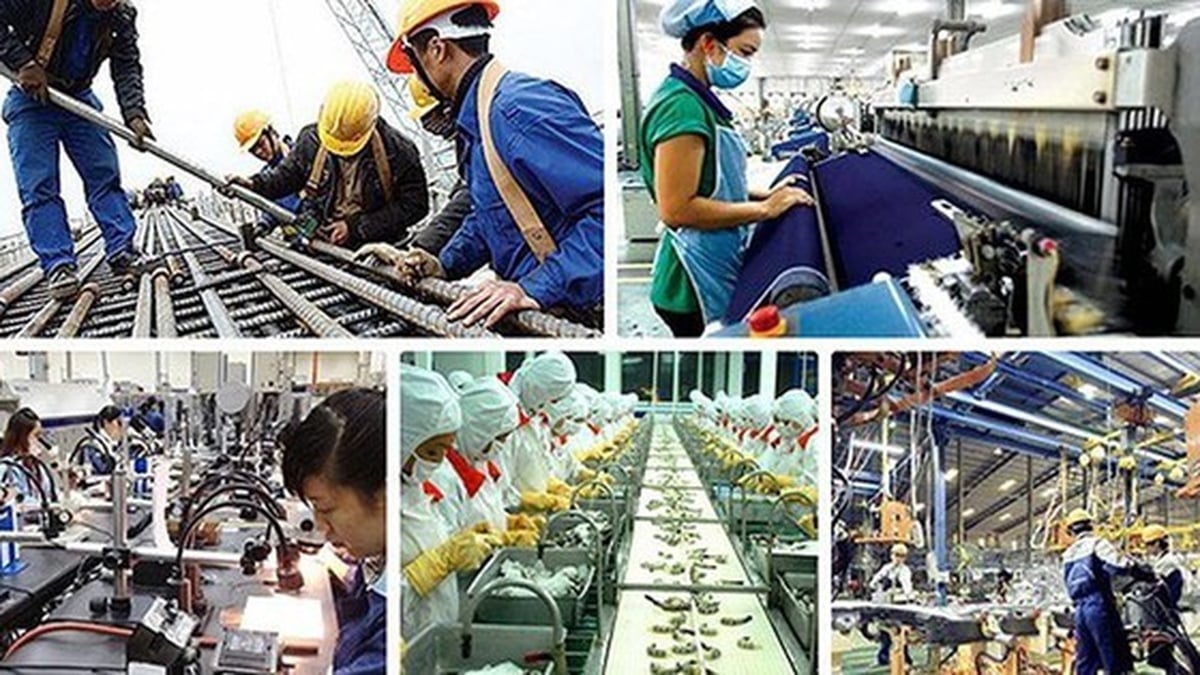
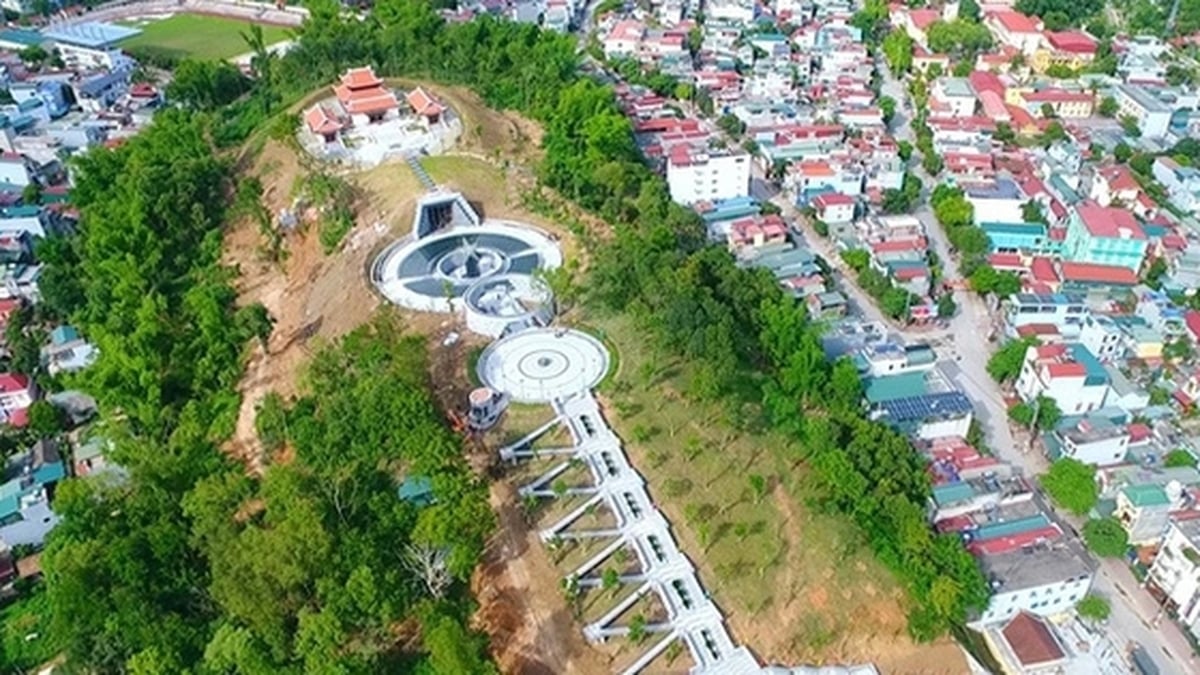
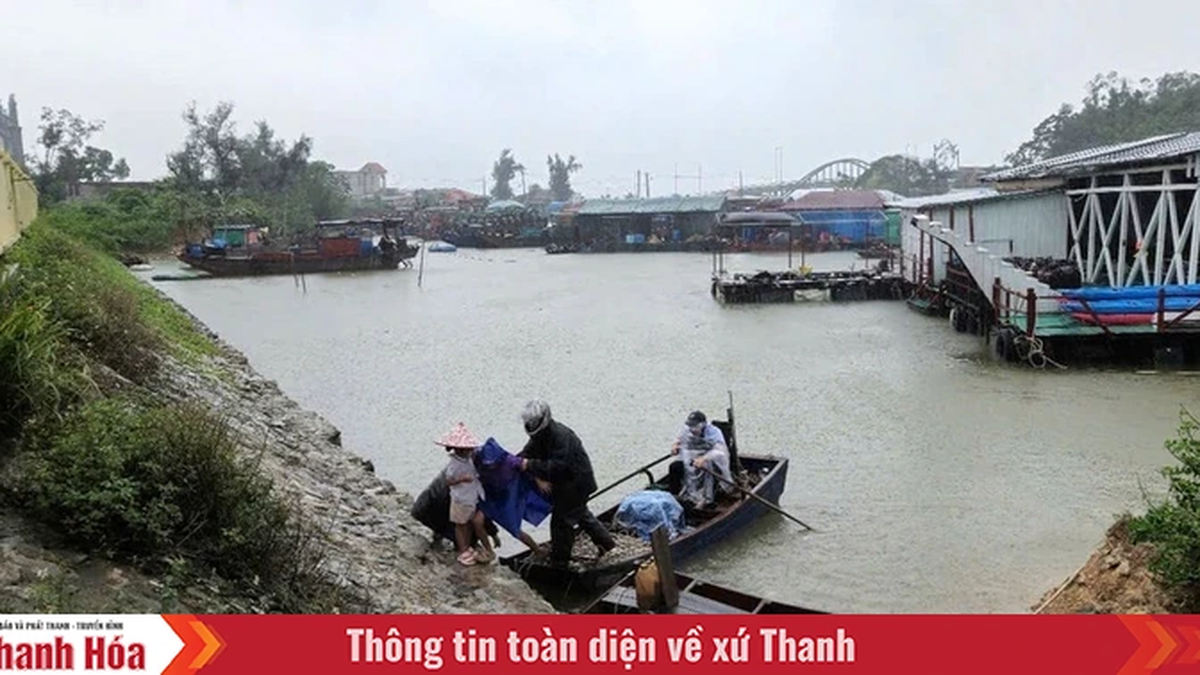
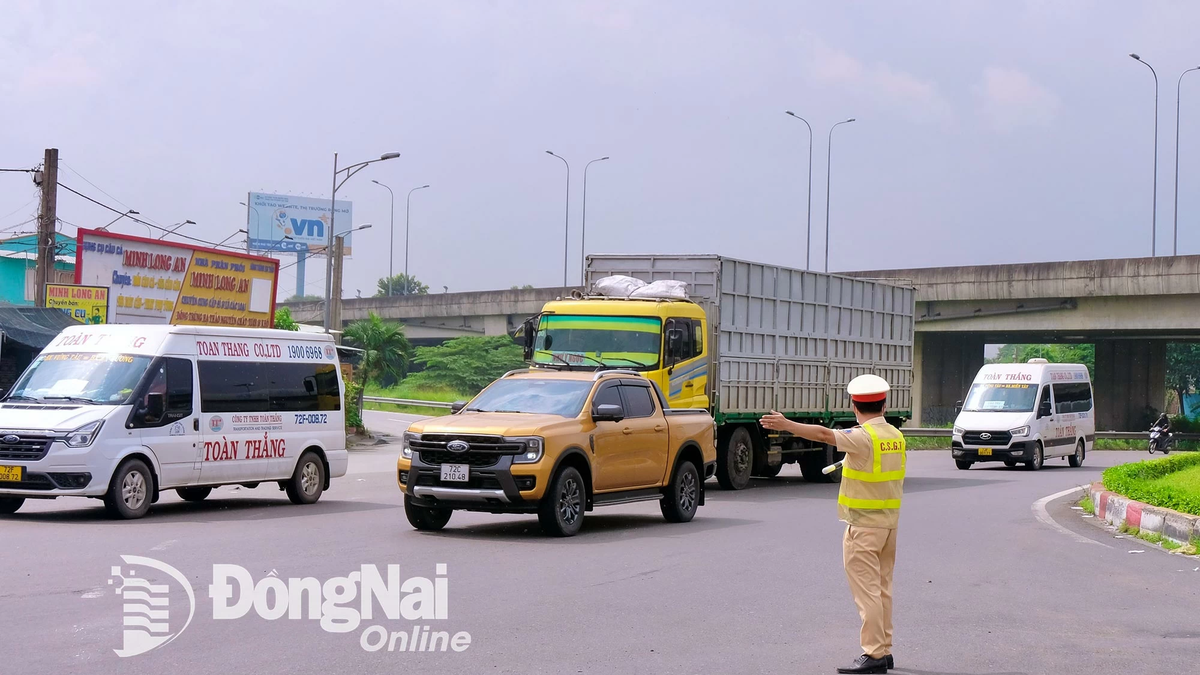
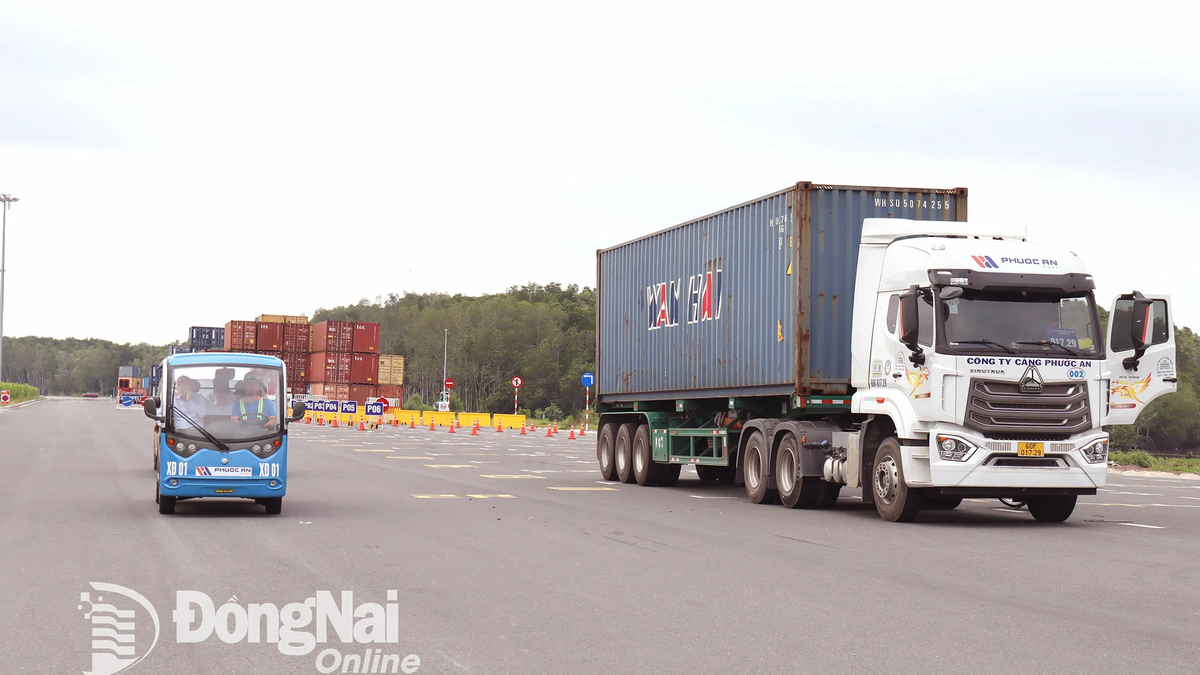
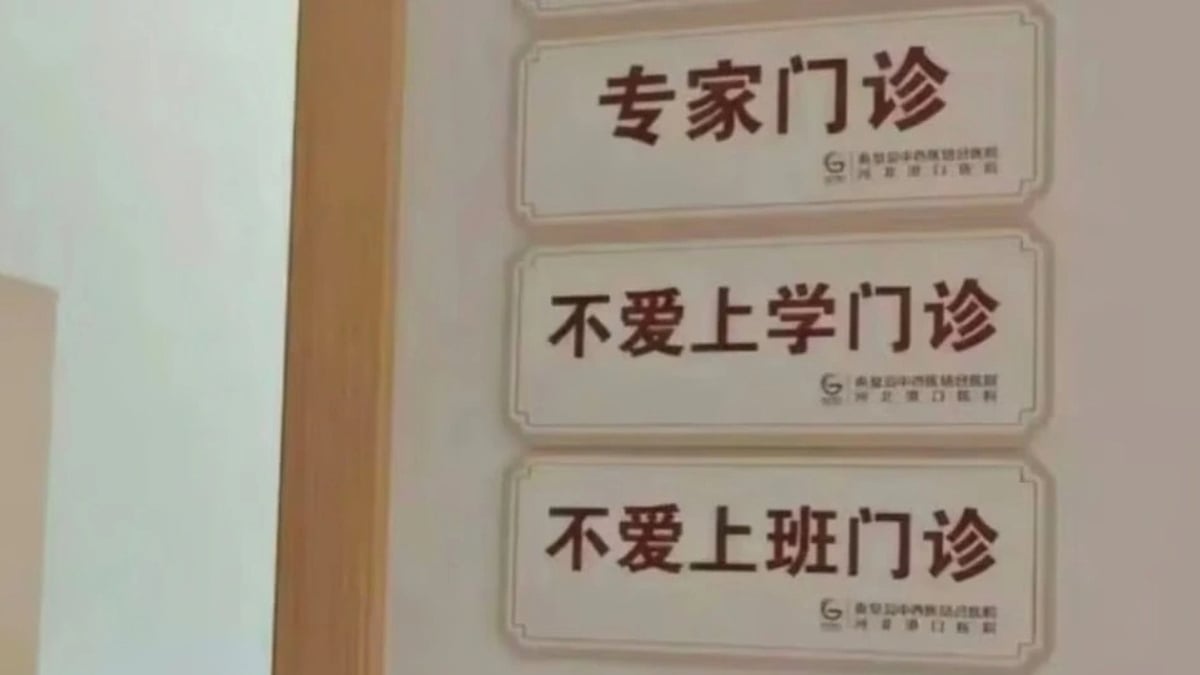


















![[Photo] National Assembly Chairman Tran Thanh Man visits Vietnamese Heroic Mother Ta Thi Tran](https://vphoto.vietnam.vn/thumb/1200x675/vietnam/resource/IMAGE/2025/7/20/765c0bd057dd44ad83ab89fe0255b783)













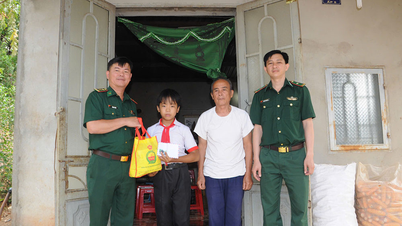



















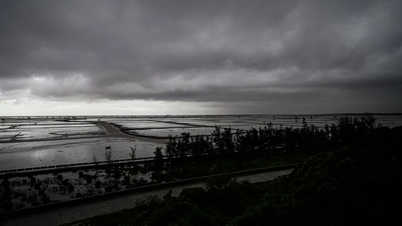

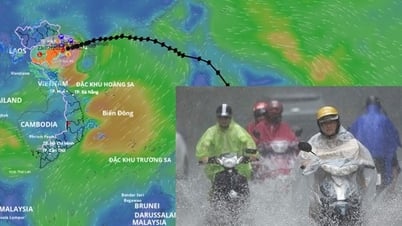

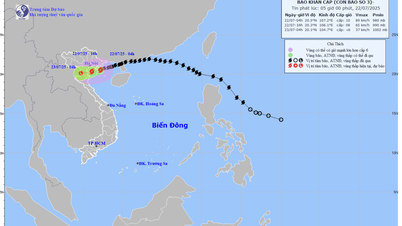

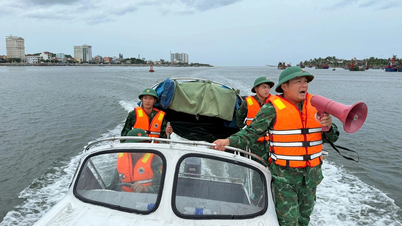
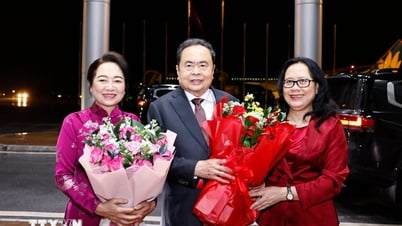
































Comment (0)